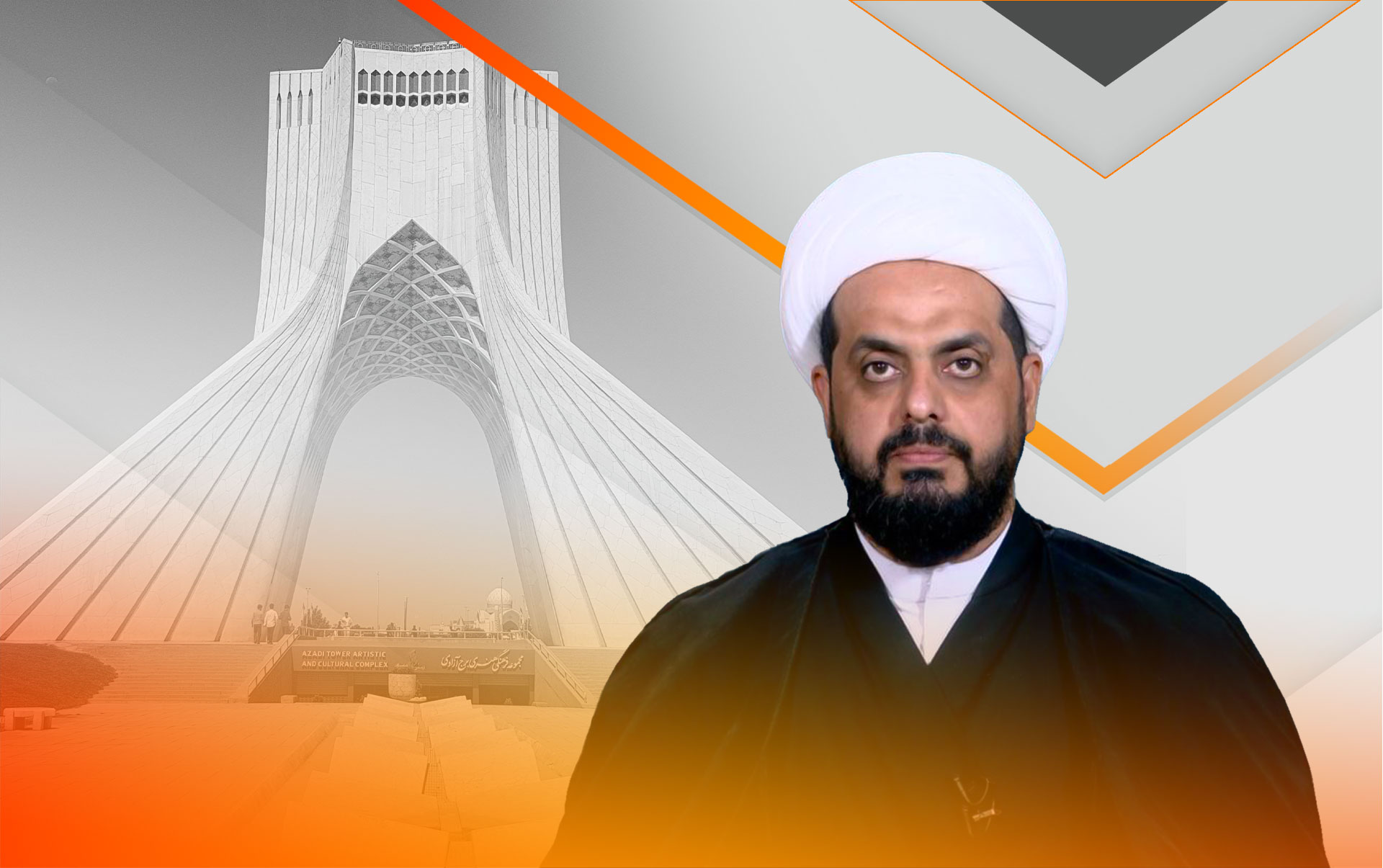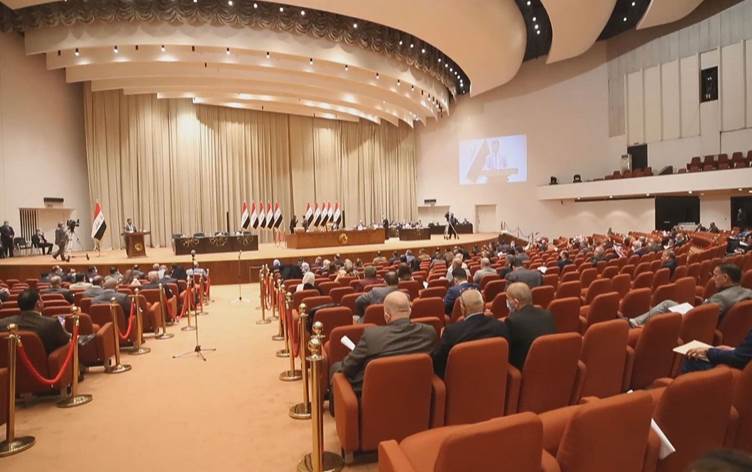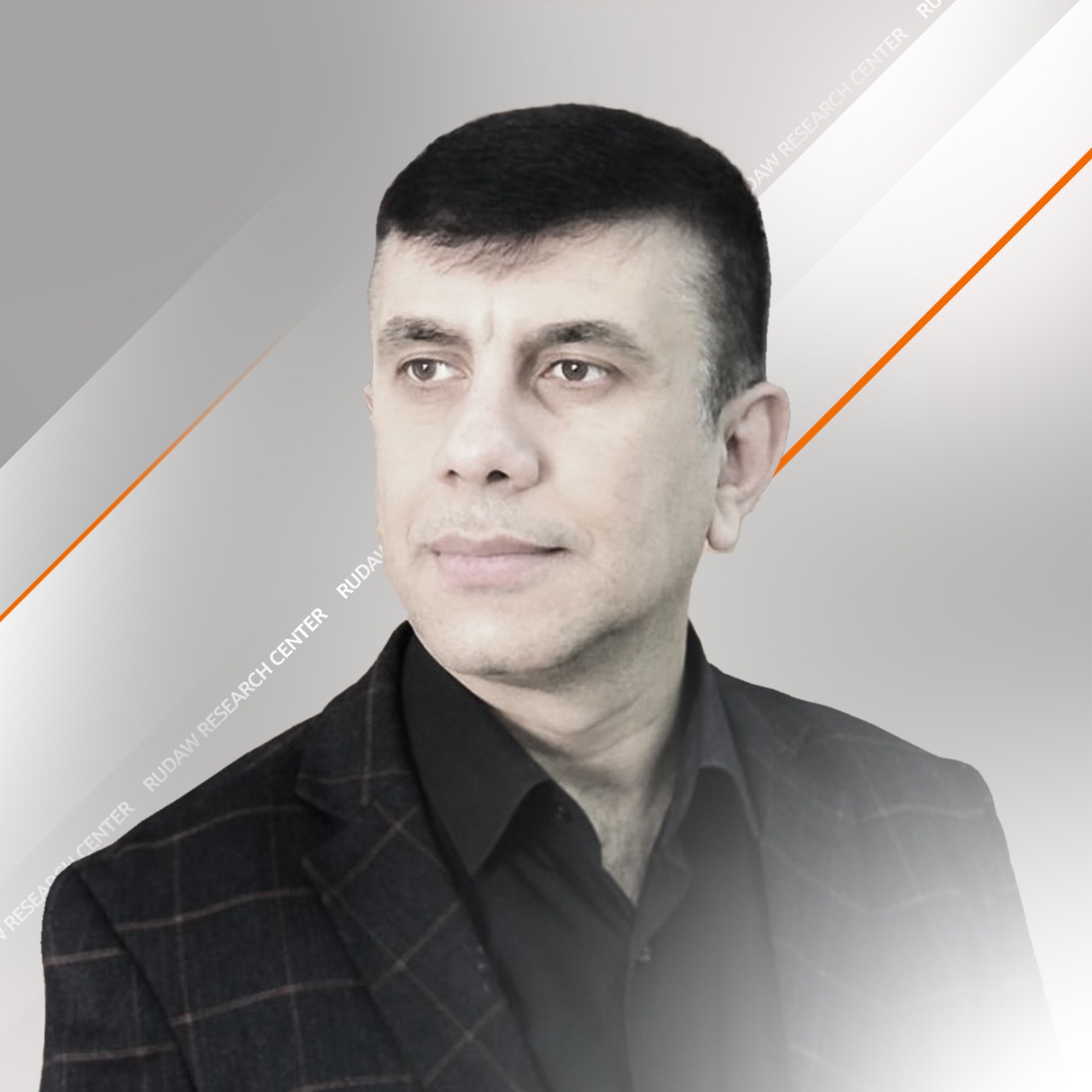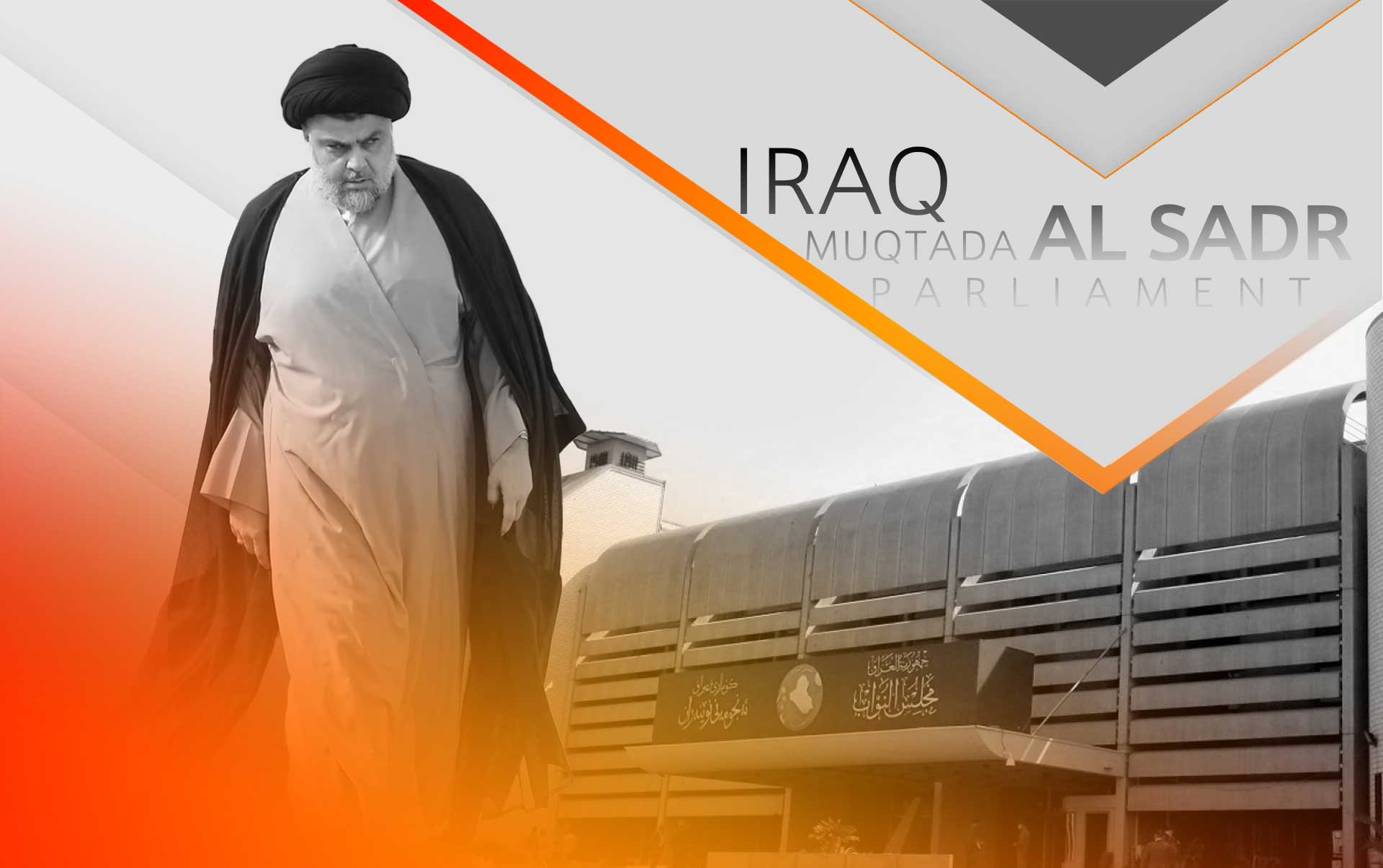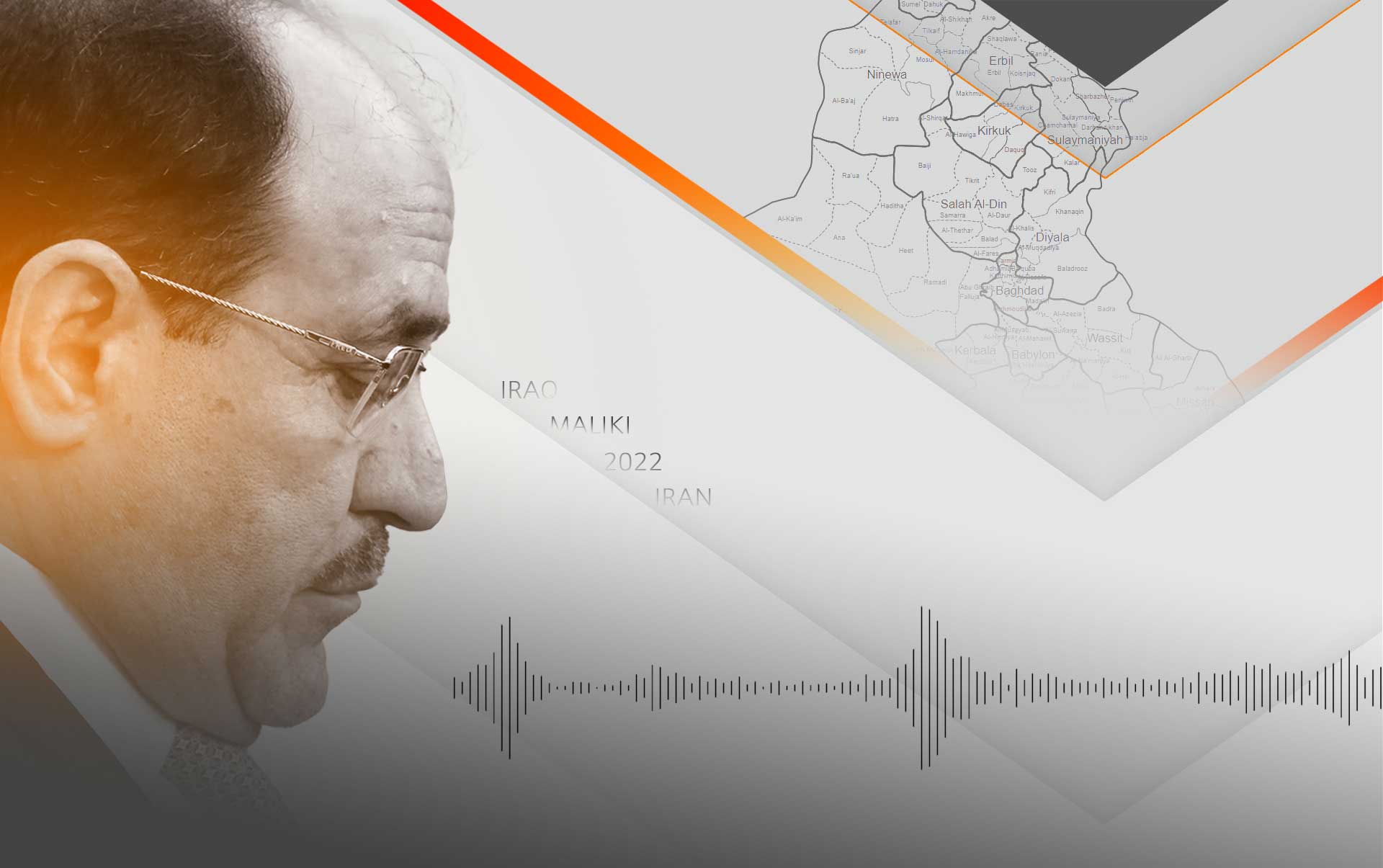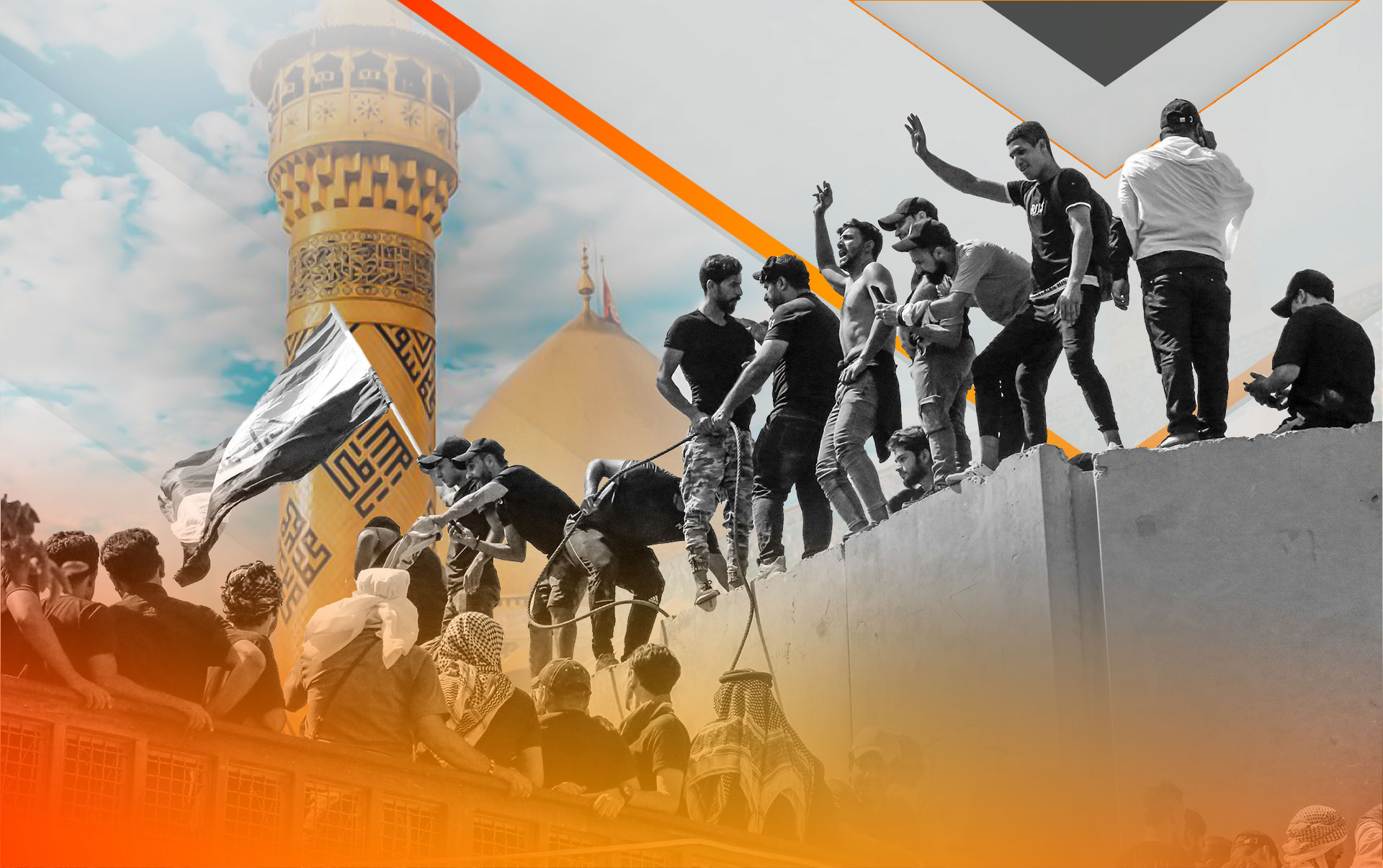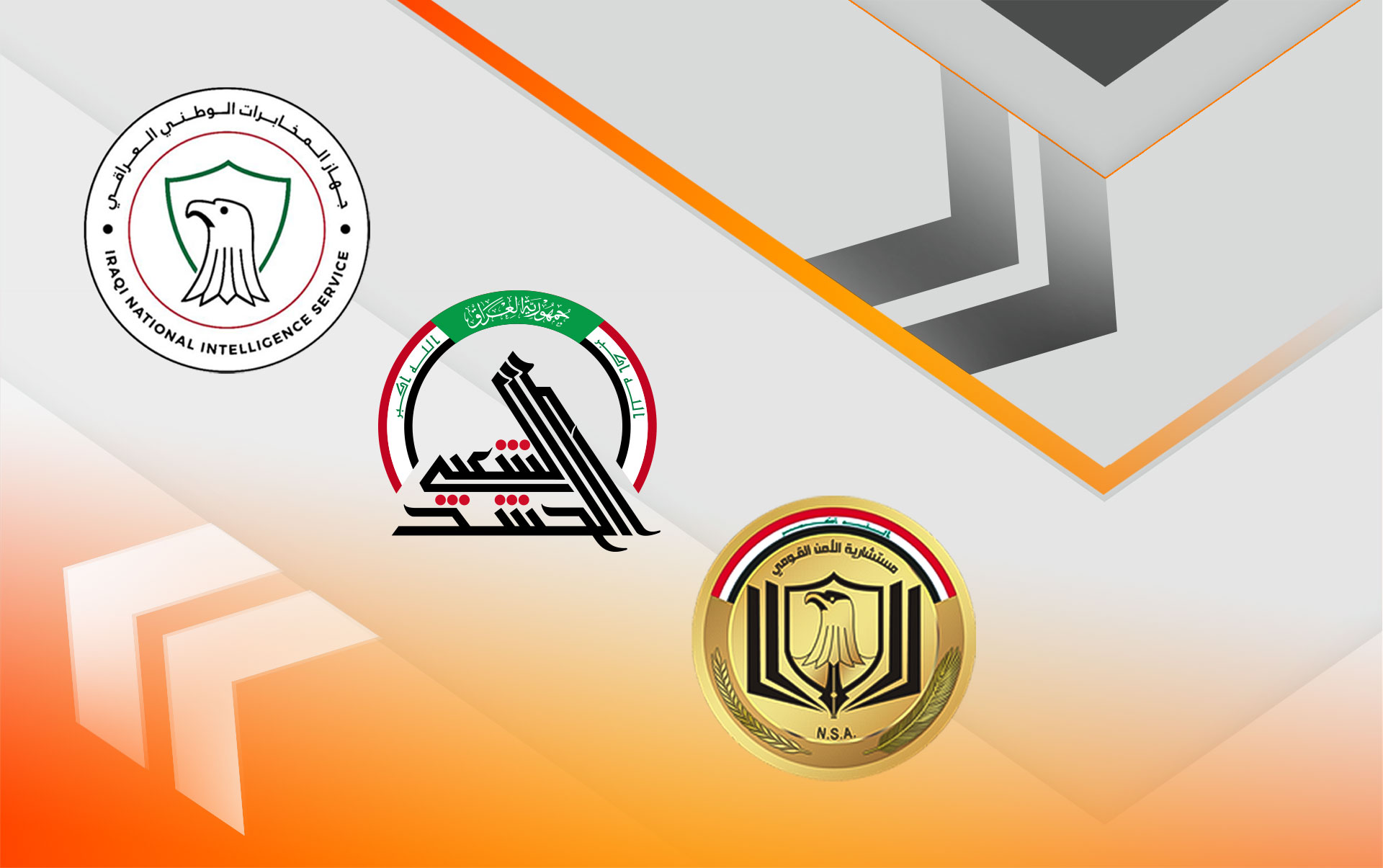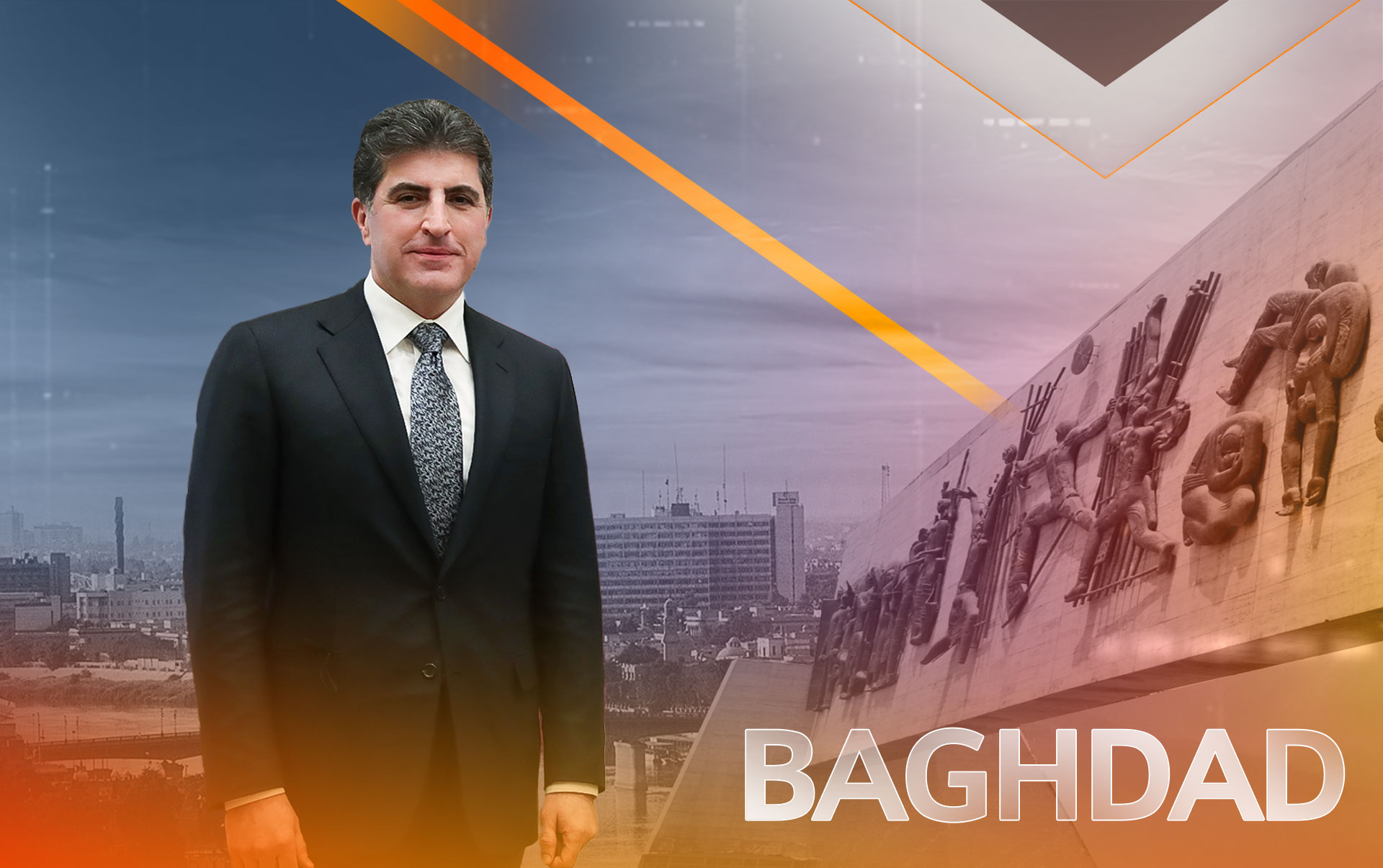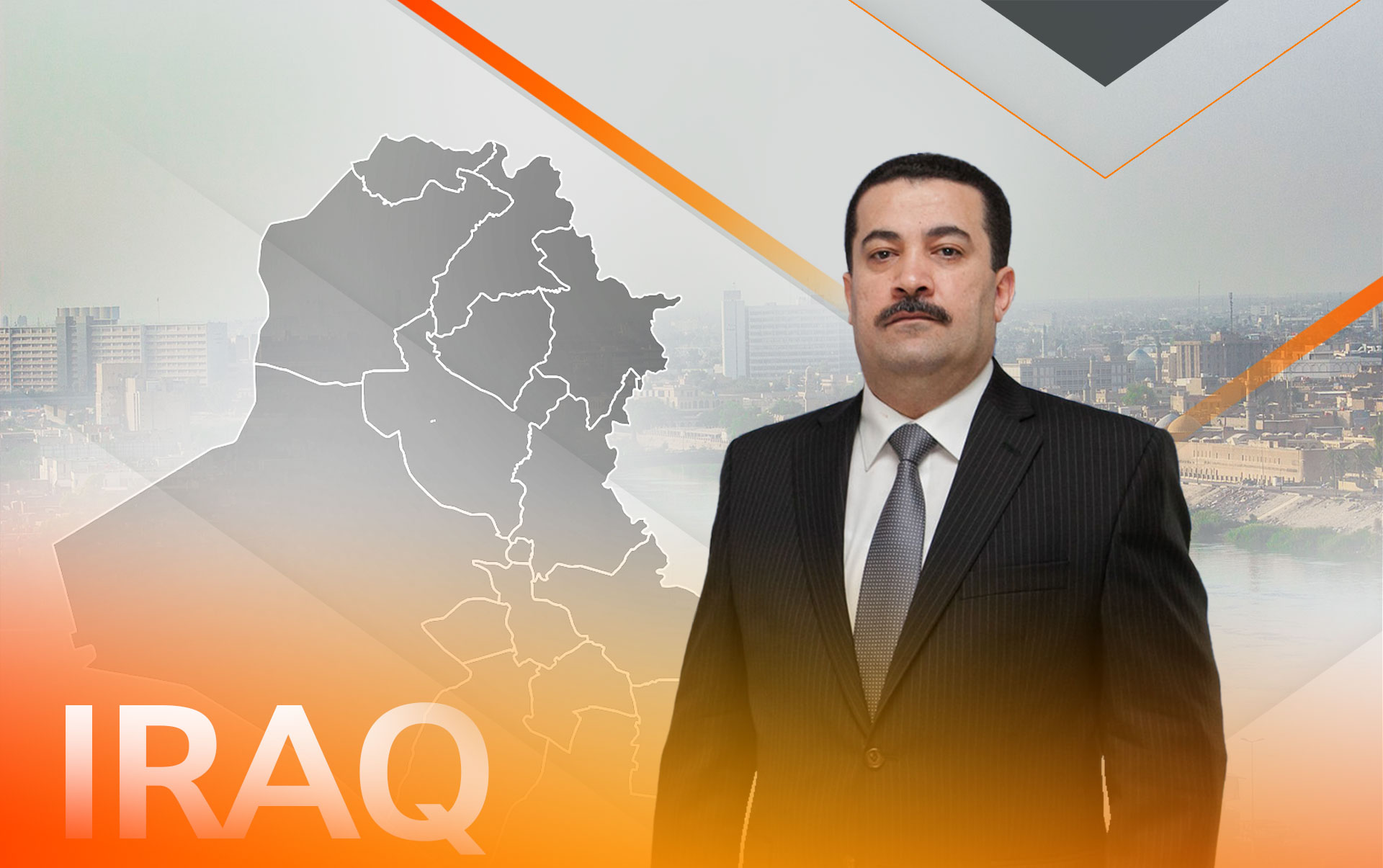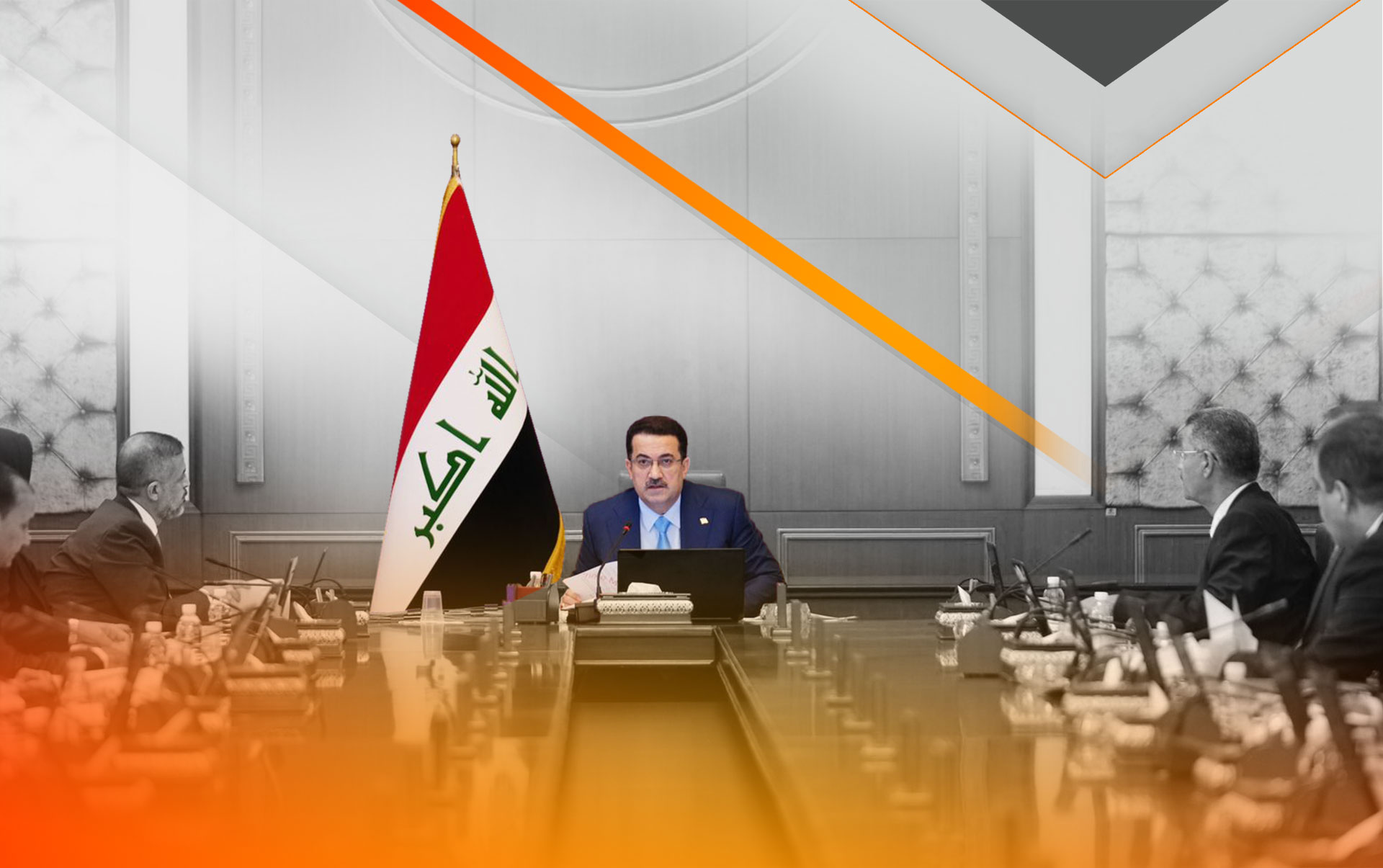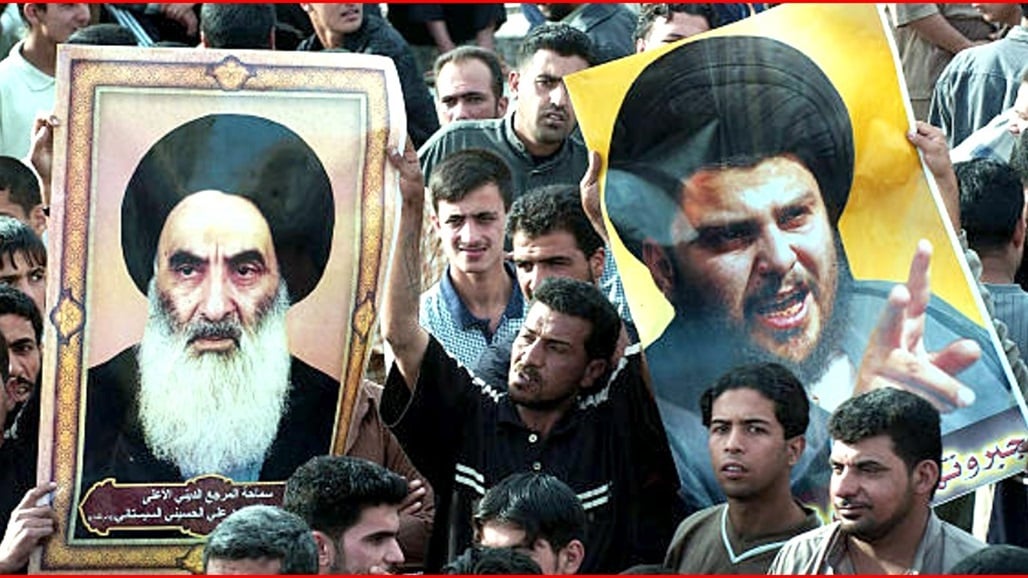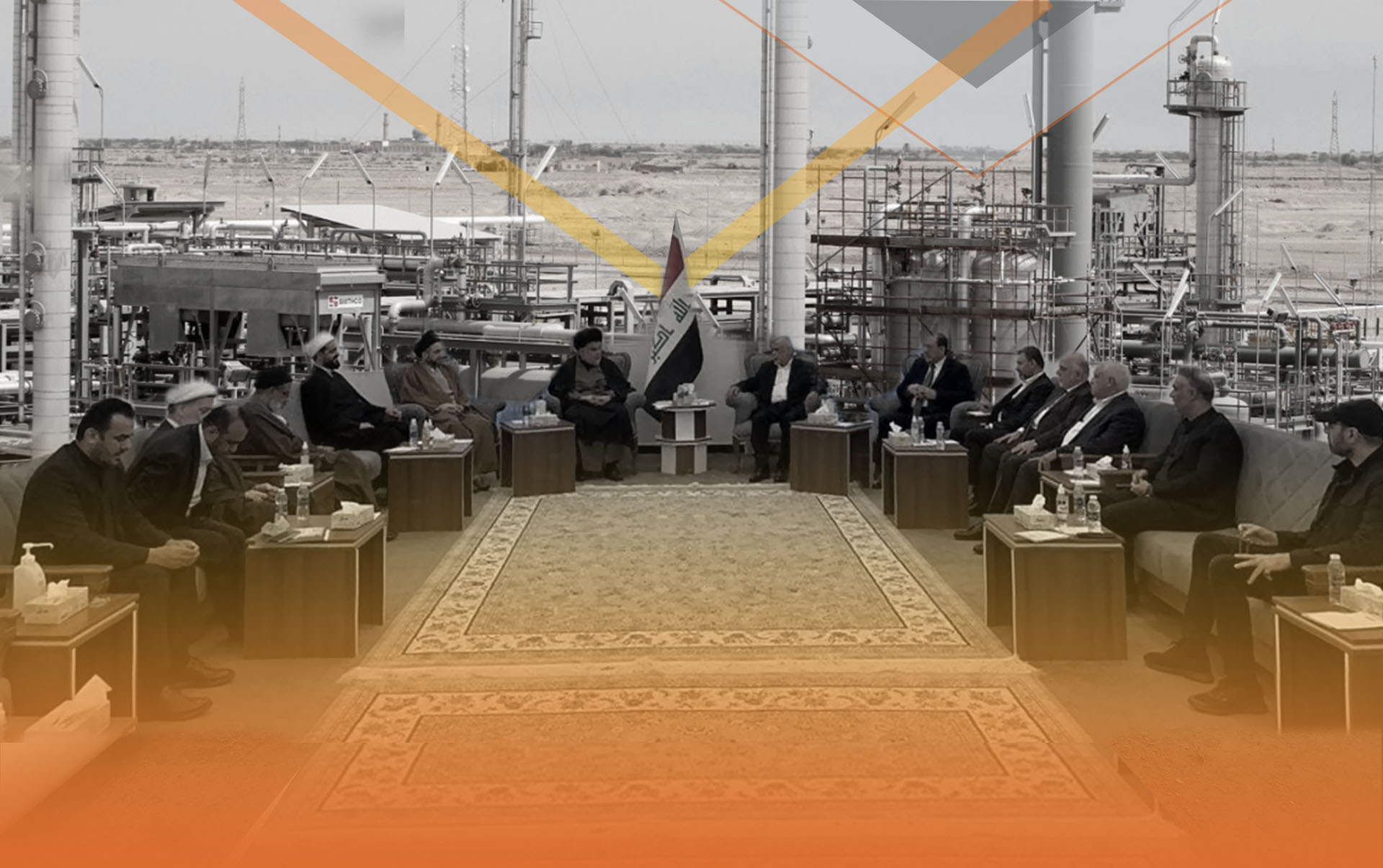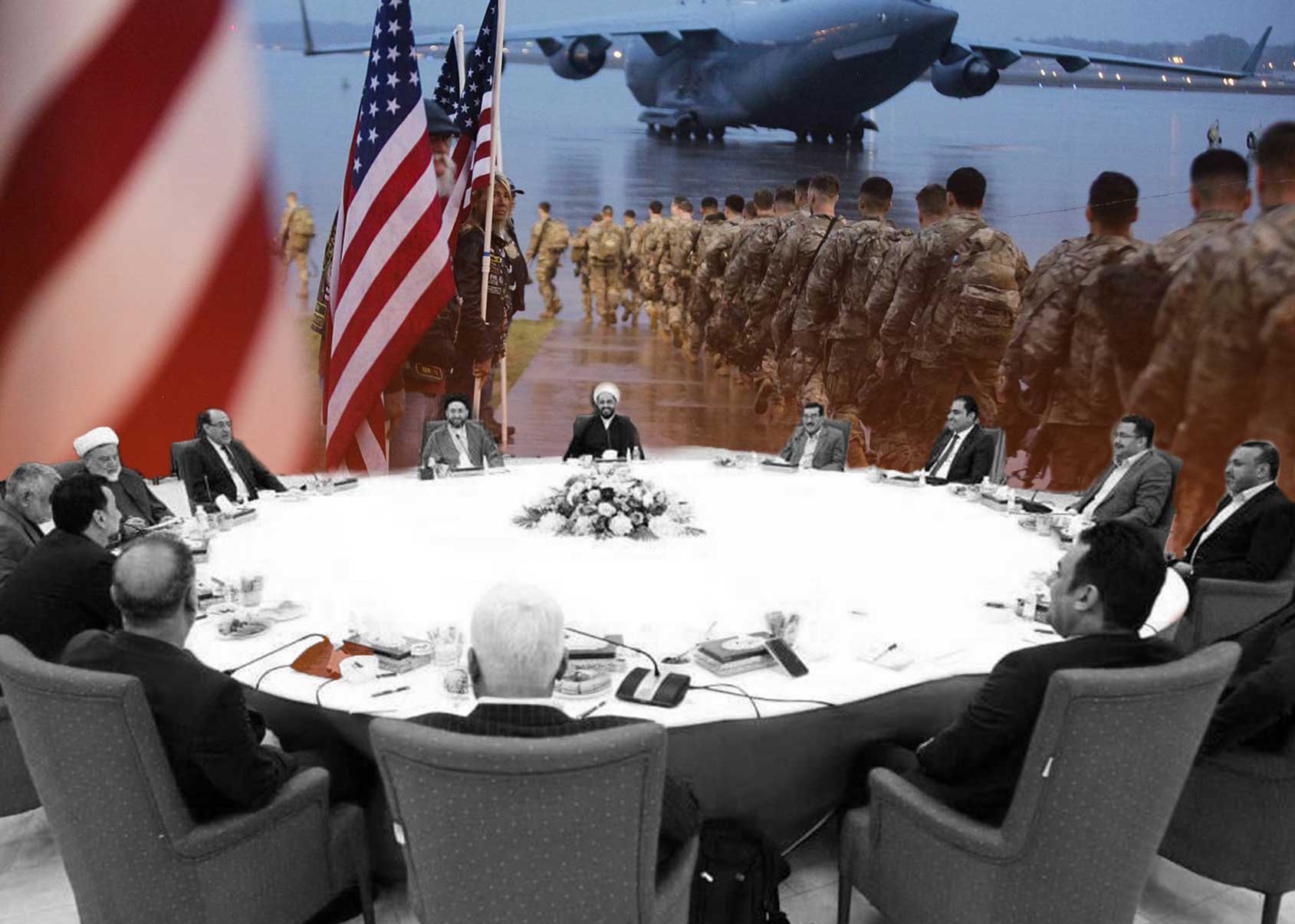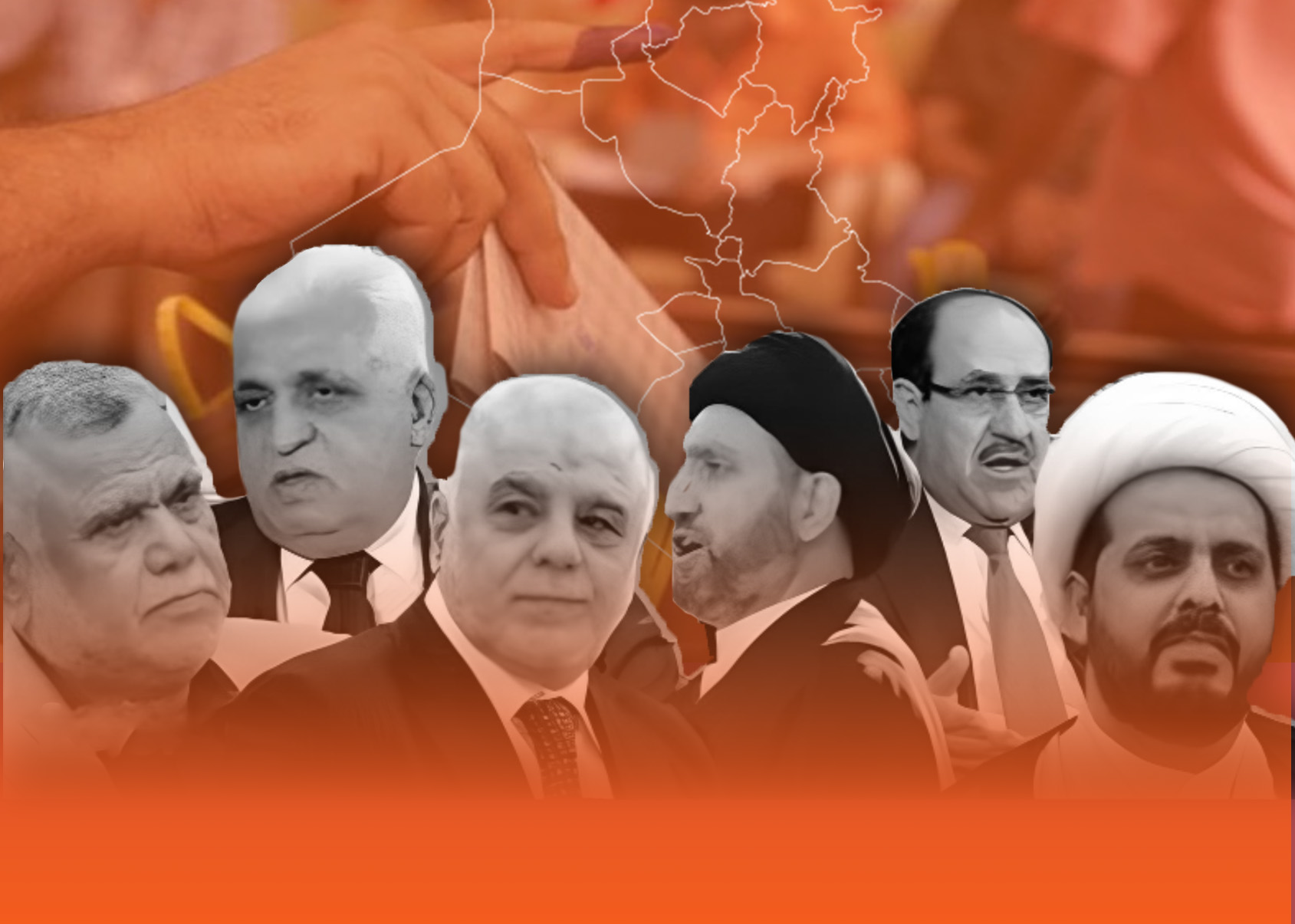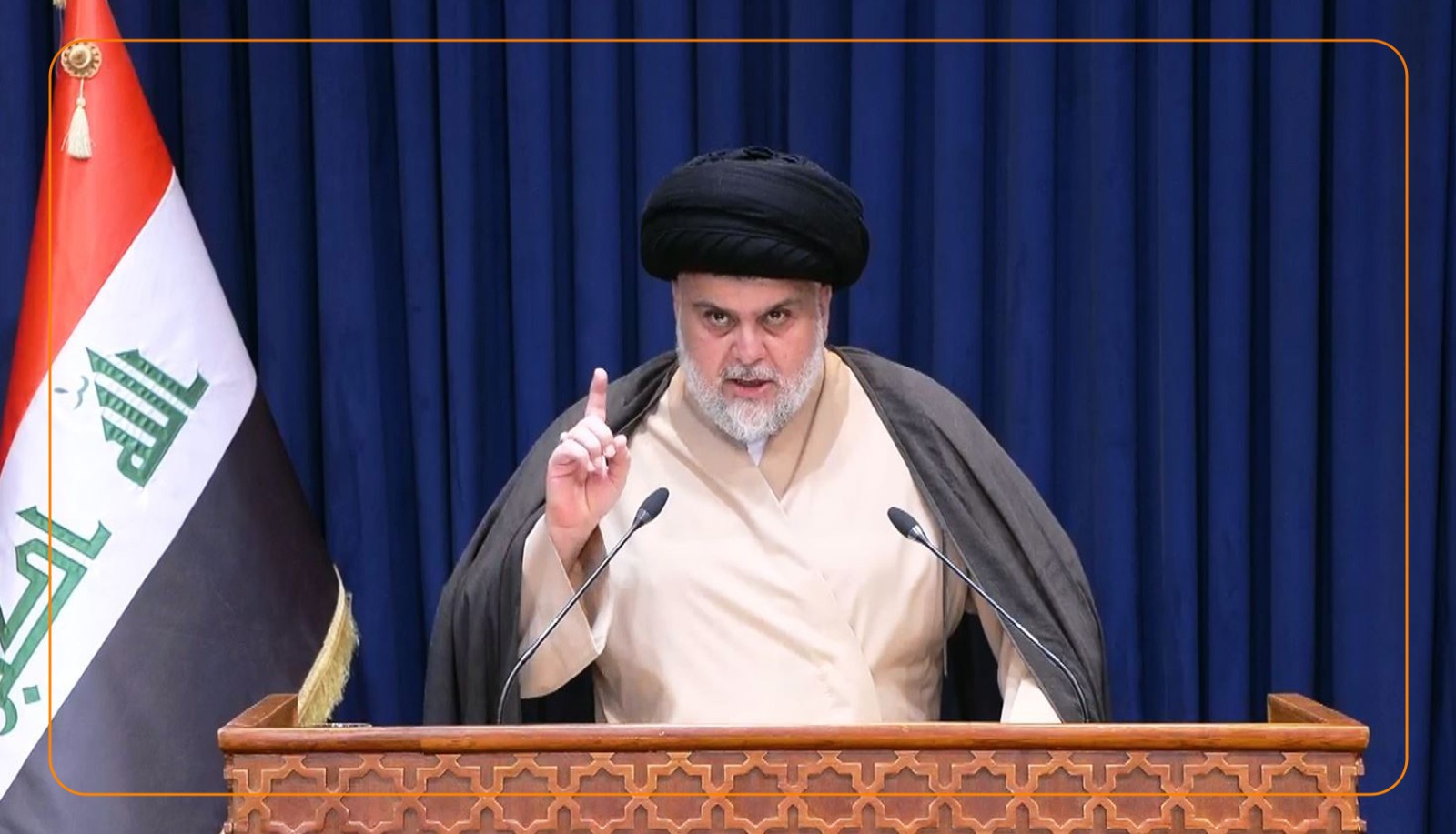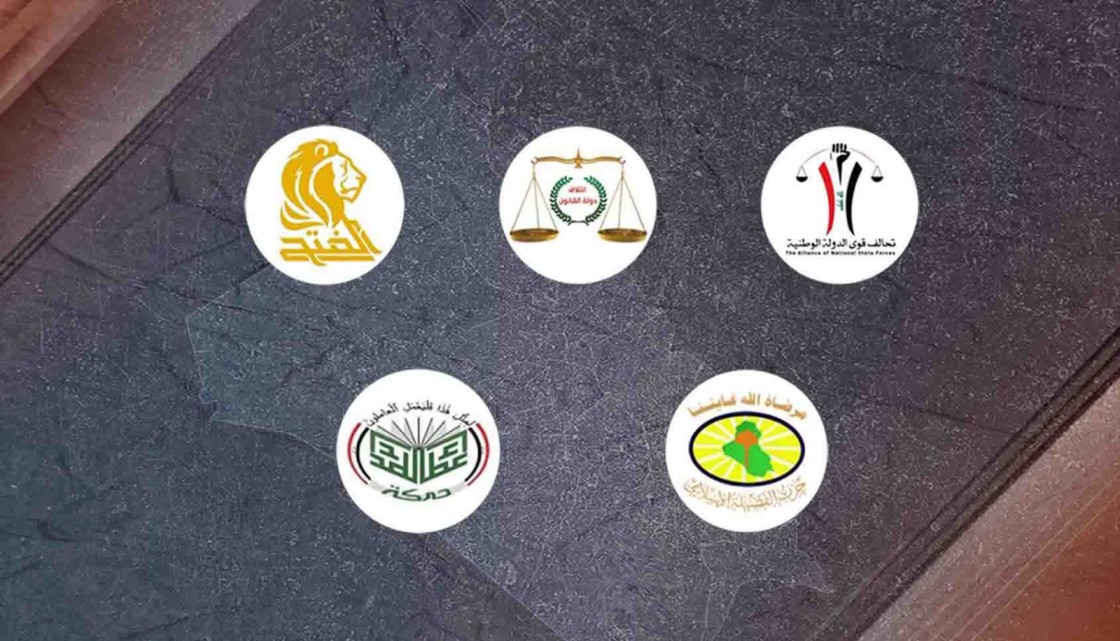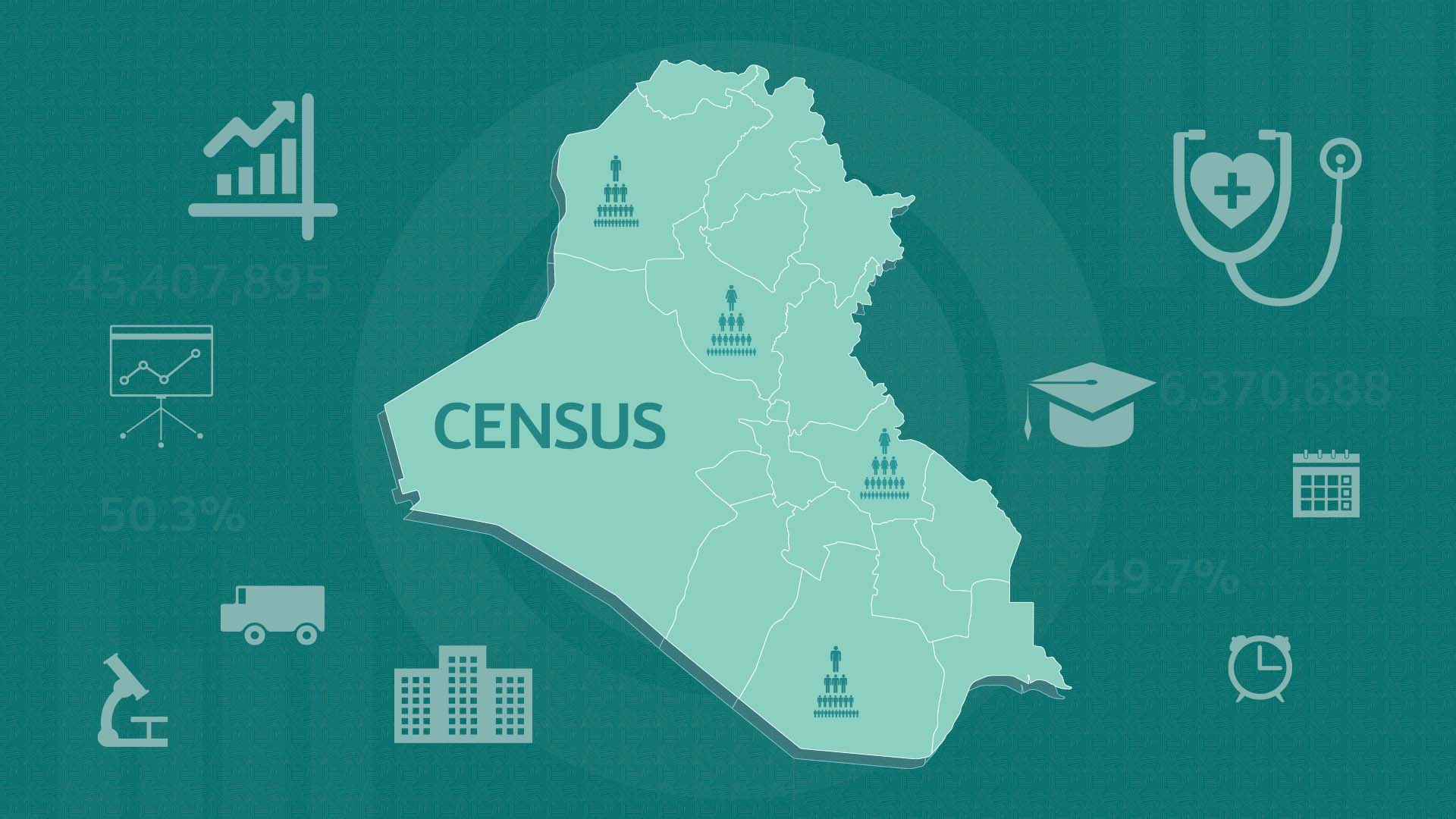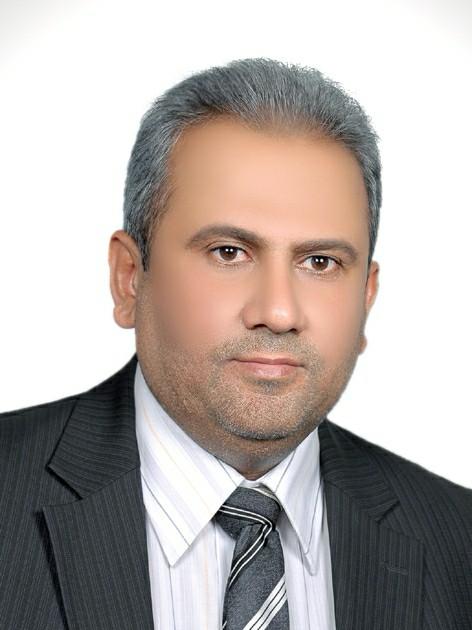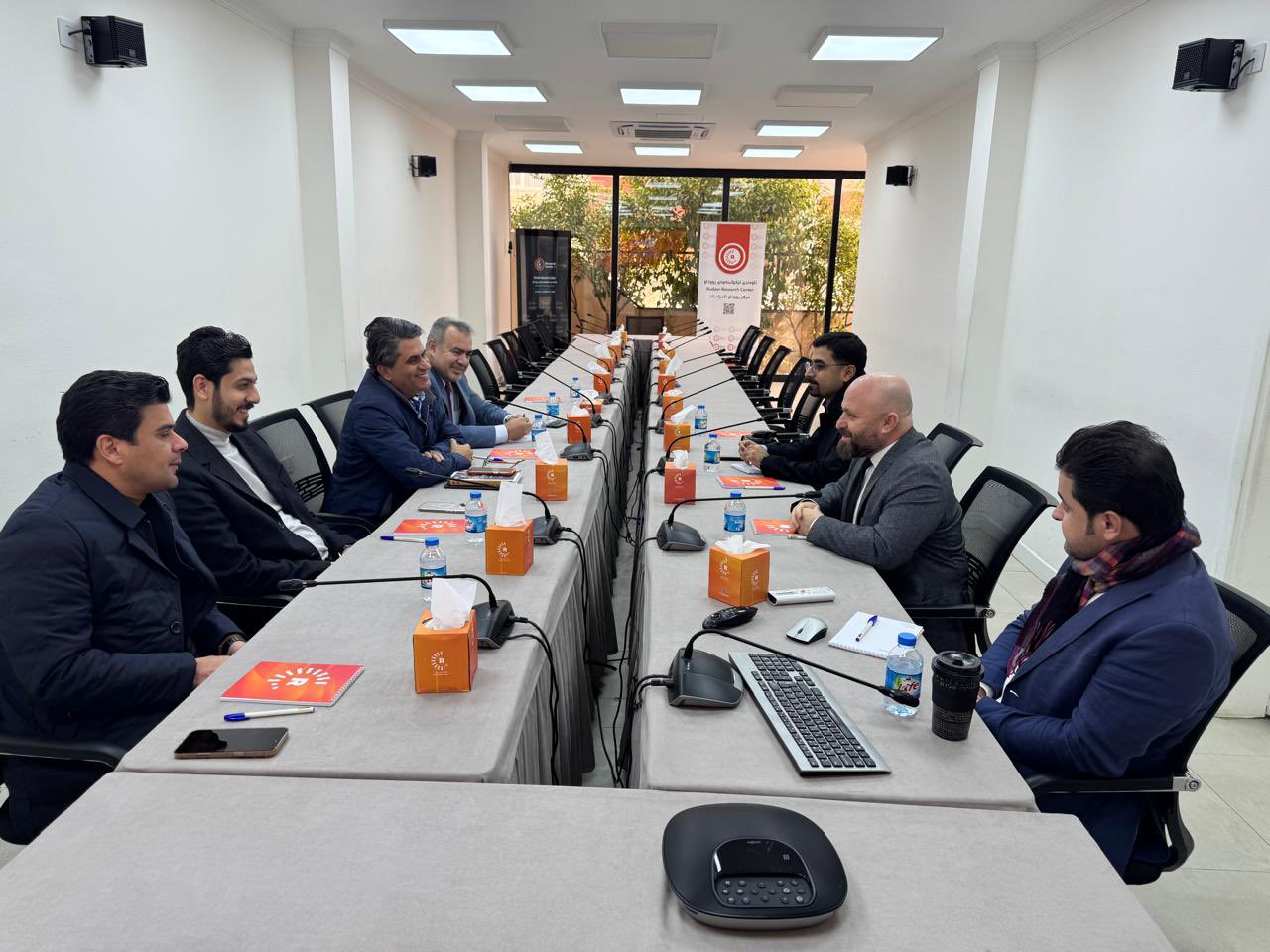In the past few days, Qais al-Khazali, leader of Asaib Ahl al-Haq (AAH), had an engaging interview with BBC. His statements are important to help understand the negotiations of government formation and Iran’s role in Iraq.
After Muqtada al-Sadr’s one-month deadline bore no fruit, the Shiite Coordination Framework and Sadr, who leads the parliament’s largest bloc with 74 seats, put forth different suggestions to put an end to the political deadlock. However, none of the initiatives has helped end the impasse yet.
After eight months of conflict and political deadlock, Muqtada Al-Sadr extricated himself from bearing the responsibility of political and governmental crisis. Sadr implemented his threat of withdrawing from the Parliament. Some reasons for Sadr’s withdrawal are personal, and some are related to his vision of confronting his Shiite rivals. However, this withdrawal created a significant imbalance in the political process, and since June 12th evening, the fate of Iraq has become unknown.
In Muqtada Al-Sadr’s meeting with his deputies on the evening of the 15th of June, Sadr dismissed doubts about the possibility of retracting the resignation of his representatives. This is what makes the Shiite coordination framework bear the responsibility of managing the following stage, while previously they were only wishing to participate.
After the release of the first three parts of the leaked audio recordings of Nouri al-Maliki, everyone was waiting for Sadr’s reaction, but he directed his supporters to focus on organizing Friday prayers and not pay attention to the leaks since, “they do not give him a value”.
The consequences and future of Iraq's political deadlock
In the past few months, confronting Al-Sadr and preventing Kadhimi to stay at the office were two factors that unified the Coordination Framework for a while. However, now Sadr temporarily is somehow not there and Khadhimi is not the PM anymore
While the new Iraqi government is less than a month old, Kurdistan Region President Nechirvan Barzani's visit to Baghdad might be considered normal. Barzani could have made this visit to confirm his support for the new PM
Nearly a month ago, the Mohammed Shia Al-Sudani government won parliamentary trust. However, he has yet to be effective in comparison to his agenda
Shia has now entered a phase of implementation and decision-making. The complete form of government has yet to be formulated due to internal conflicts within the Shiite coordination framework
During the past two decades, Iraq has witnessed an open and hidden competition and a power struggle between Shiite forces in the post-2003 political system. The conflict, which manifested in tensions, clashes, and changes in alliances, had a direct impact on Iraq's political and security situation. Tensions have steadily risen over the last two decades.
At the domestic level, the Shiites' most significant challenge is the provincial elections at the end of 2023 and the ongoing monitoring of Muqtada al-Sadr's plans and activities, which are a cause for concern.
Alina L. Romanowski, the US Ambassador to Iraq, has asserted that the repositioning of US troops within Iraq constitutes a routine rotational measure, unrelated to the internal dynamics of the country. Romanowski the powerful American woman in Iraq emphasized Washington's dedication to cultivating collaborative ties with Baghdad. In a contrasting perspective, Hashd commander Waad Qaddo, who leads the 30th Brigade, he unveiled that officials in Washington have communicated a clear message to the Iraqi military delegation: their intention to assume control over the Iraqi-Syrian border. As part of this endeavor, they are strategically substituting 2,500 troops with Ohio National guard fighters, In accordance with this, the movement is planned and directed elsewhere.
Intriguingly, a significant number of lists and coalitions, both within and outside the Shiite spectrum, have surfaced as entirely new and unfamiliar entities for this election. This strategic move is aimed at enticing voters and avoiding any lingering consequences from past mistakes. Notably, these Shiite affiliated groups which account for approximately 11 factions, have adopted a dual approach, entering some provinces with a unified list while fielding separate lists in others. Furthermore, they have outlined their intention to initiate a post-election coalition, adding an intriguing twist to the electoral dynamics.
Aside from the potential for demonstrations and tensions, one of the most likely scenarios for the Sadr movement is a significant comeback in the 2025 elections. According to this scenario, the Sadrists, as an opposition, could mobilize a surge of voters to the polls, outpacing their rivals.
After several days of anticipation and amidst intense political and legal debates, the councils of 13 Iraqi provinces, with the exception of Kirkuk and Diyala, finally elected their governors. However, despite the issuance of a decree by the presidency to appoint the elected governors, except for Salahaddin province, it's apparent that this move won't resolve the internal tensions within local governments.
The census in Iraq is not merely a statistical exercise; it carries significant political implications related to the distribution of power and wealth among communities. Conflicted areas, particularly between the central government and the Kurdistan Region, posed major challenges. Some questioned the impartiality of the process, while others suspected it was an attempt to alter the demographics of certain regions.
On January 18, 2025, a delegation from the Iraqi Group for Foreign Affairs (IGFA), led by Yousif Al-Mohsen, General Coordinator, visited the Rudaw Research Center in Erbil.

